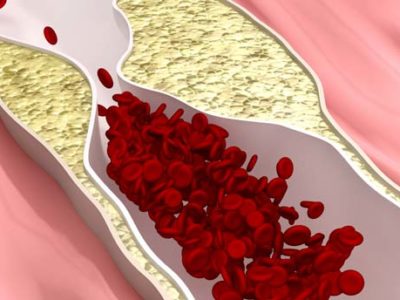 Your cardiovascular system consists of arteries and veins that carry blood from the heart to the entire body. If this system is compromised, diseases may develop that can negatively affect your quality of life. Discover three common types of cardiovascular system diseases and what each entail:
Your cardiovascular system consists of arteries and veins that carry blood from the heart to the entire body. If this system is compromised, diseases may develop that can negatively affect your quality of life. Discover three common types of cardiovascular system diseases and what each entail:
Cardiovascular System Disease: Peripheral Artery Disease
There are three different types of arteries – elastic, muscular, and arterioles – but they all have one important mission: deliver oxygen-rich blood from the heart to the rest of the body. There is a major threat to these arteries known as plaque. Plaque consists of fat, cholesterol, and other substances, and plaque can stick to your artery walls.
Plaque makes it difficult for the arteries to deliver blood and oxygen to your limbs. An excess amount of plaque in your arteries can cause Peripheral Artery Disease, a disease that can cause heart attacks and strokes.
Cardiovascular System Disease: Carotid Artery Disease
Your brain needs blood to function, and your carotid arteries carry much-needed blood to the brain! If these carotid arteries become clogged with plaque, blood has trouble getting to the brain. If a blockage occurs, it is likely that you’ll experience a stroke.
The best way to eliminate plaque from forming (for both peripheral artery disease and carotid artery disease) is by exercising regularly, forego smoking, and eating a healthy diet.
Cardiovascular System Disease: Abdominal Aortic Aneurysm
Did you know that the largest artery in your body is your aorta? It retrieves blood from your heart and sends it to other major arteries. If this artery is compromised by a bulge or enlargement, the aortic wall may be weakened. This is a serious issue, as this weakening can eventually cause the artery to rupture and internal bleeding will occur.
Have you been diagnosed with a cardiovascular system disease? Our doctors can discuss treatment options with you and help you on your recovery journey! Give us a call today: 478-207-5224.
